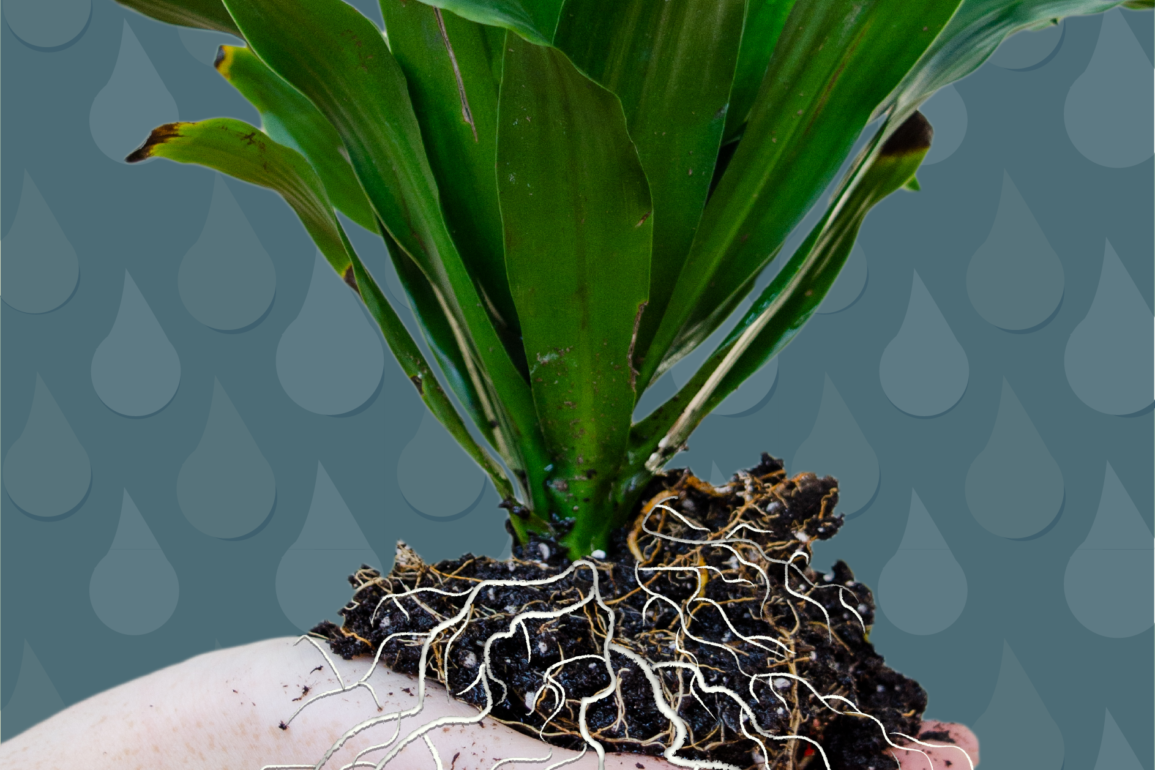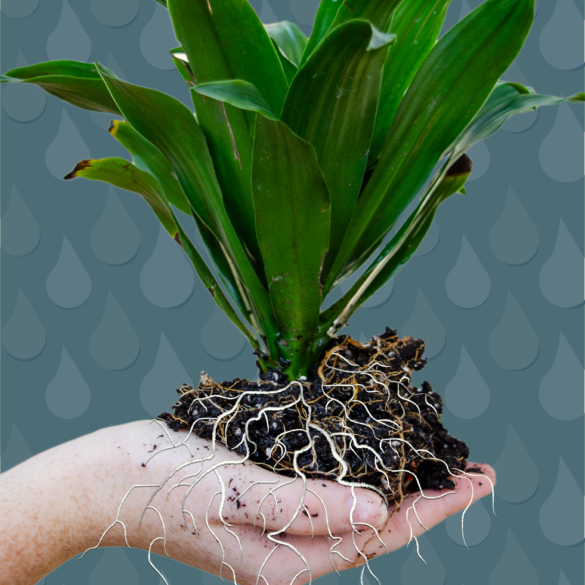Ball State professor Tim Berg finds peace in nature, a relaxation method that is growing in popularity through the practice of ecotherapy.
It’s late at night. Stars sprinkle the sky. It’s quiet outside Tim Berg’s house near Christy Woods. He leaves with his dog Sophie and begins their walk. It’s peaceful. It’s calm. It’s humbling.
Tim is a 51-year-old honors humanities professor at Ball State University. When his dog Sophie was still alive—he lost her last year—they would go on nightly walks and look at the stars.
“It’s a way of reminding myself that I’m not very significant, that I’m small and unimportant,” Tim says. “You can read those things as negative, or as depression-inducing. That’s not how I see it.”
Over the past four decades, more and more studies have shown how connecting with nature can help the mind and body heal. Linda Buzzell, a psychotherapist specializing in ecotherapy—the study of healing with nature—says this isn’t a new thing. Humans themselves are a part of nature.
This links to something called the biophilia hypothesis, which states that humans tend to consistently search for connections with nature. The term was first coined in 1973 by psychoanalyst Erich Fromm, who described “the passionate love of life and of all that is alive.” American biologist Edward O. Wilson took this hypothesis and added his own spin in 1984, stating that this “tendency of humans to focus on and to affiliate with nature and other life forms has, in part, a genetic basis.”
Tim relates to the world around him by paying attention to the small details. While he doesn’t really like insects, he enjoys watching them live their lives, just like he is. This realization that every aspect of nature is always living its own life helps Tim stay humble.
As he walks through the prairie in Christy Woods, he stops. Birds chirp in the distance. A light breeze sways the stalks of plants surrounding him. Engulfed by other life forms, his mind is clear.
Buzzell breaks ecotherapy down into two levels. Level one is user-oriented, using some part of nature just to heal ourselves. Level two is a reciprocal relationship, more of an understanding that we can’t just use nature for our own purposes without caring about its health, also.
Buzzell says humans have often used the environment for whatever they want, which she believes is “not a happy history.”
Eco is the Greek word for “home,” and therapy is defined as healing. So ecotherapy, Buzzell says, means healing our connection with nature, or healing our home.
Buzzell says people often forget that humans are part of nature. According to a 2016 study by The National Center for Biotechnology Information, humans are linked to nature by the health benefits it provides and by their own accountability to sustain natural resources.
During one of the honors classes Tim teaches, about halfway through the semester, he assigns his students to write a haiku based on the five senses. The class treks from the Ball Honors House to Christy Woods to surround themselves in a place full of sensory details.
“It’s not a very complicated or deep exercise, but the results have been that people can get reminded about why we might want to do things like that—that sort of reconnecting,” Tim says.
Buzzell first started including more nature and environmental issues in her practice when she moved to her home in Santa Barbara, California, and started to garden. With her hands deep into the dirt, her moods changed. She became happier, lighter, and less stressed.
You mean, all I have to do to feel a little better is go out and garden for a while?
For her, the answer was yes, and she began to use nature as a tool for therapy. Over the past decade, ecotherapy has grown in popularity to become a form of medication for multiple illnesses and disorders.
As Tim walks Sophie, he keeps looking up at the night sky. He knows the stars are deep in space, and that they are, in fact, stars. But a part of him just enjoys the simple beauty of white specks against a midnight backdrop.
“It’s about coming home, in a sense,” Tim says. “About connecting to something bigger than myself.”




